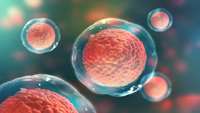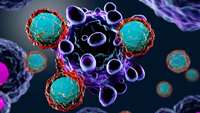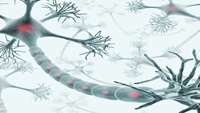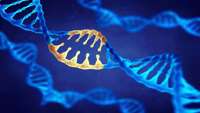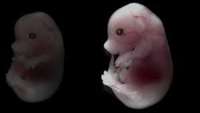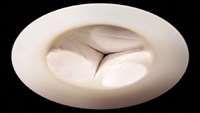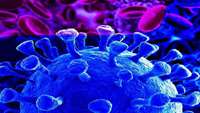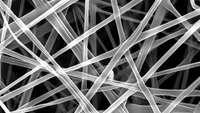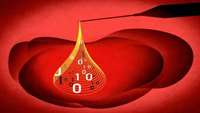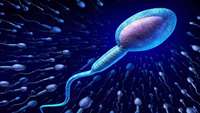Neurodevelopment team locates a gene that helps control puberty and human reproduction
Thousands of Americans suffer from the delay or non-appearance of puberty. While the underlying cause is failure in the correct action of the hypothalamic hormone GnRH, the precise genetic causes have not been fully understood.
Drug profiling and gene scissors open new avenues in immunotherapy
Researchers have discovered ways to boost CAR T-cell therapy. According to a study published in the Blood journal, drug profiling and the CRISPR-Cas9 gene editing method have opened new avenues in the development of CAR T-cell therapy, used to treat leukemia and lymphoma.
First treatment for pain using human stem cells a success
Researchers at the University of Sydney have used human stem cells to make pain-killing neurons that provide lasting relief in mice, without side effects, in a single treatment.
Gene therapy shown to offer long-term benefits for people with Haemophilia A
A breakthrough gene therapy treatment for Haemophilia A has been shown to offer long-term benefits that have already transformed the lives of 13 men in the UK.
Early mouse fetuses generated without sperm or eggs for first time
For the first time, artificial embryos made without sperm or eggs have started to form live fetuses after being implanted in female mice.
Bioengineering living heart valves
Researchers at Qatar University, in collaboration with Imperial College London, Biostage, Inc. in the U.S., and the American University of Beirut, Lebanon, have made progress developing living heart valves that can grow with the body and integrate with the patients native tissue.
ISSCR Statement Regarding the Marketing of Unproven Stem Cell Treatments for COVID-19
ISSCR has become aware of recent claims that stem cells can be used to treat people infected with COVID-19. While stem cell research shows promise for numerous diseases and conditions, there currently are no approved stem cell-based approaches for the prevention and treatment of COVID-19 infection.
Electrospun silk nanofibers improve differentiation potential of human induced pluripotent stem cells to insulin producing cells
With regard to lifestyle and diet, one of the problems that threaten mankind is diabetes. Given the lack of responsiveness to available drug therapies, the advances made in recent decades in tissue engineering and cell therapy have created a great deal of hope for the treatment of this disease.
Math models add up to improved cancer immunotherapy
A merger of math and medicine may help to improve the efficacy of immunotherapies, potentially life-saving treatments that enhance the ability of the patients own immune system to attack cancerous tumors.
Study tests potential solution for male infertility
Researchers from the University of Georgia, Emory University School of Medicine and the University of Pittsburgh have received a $2.9 million grant from the National Institutes of Health to test a novel method of producing viable sperm cells from skin cells.


